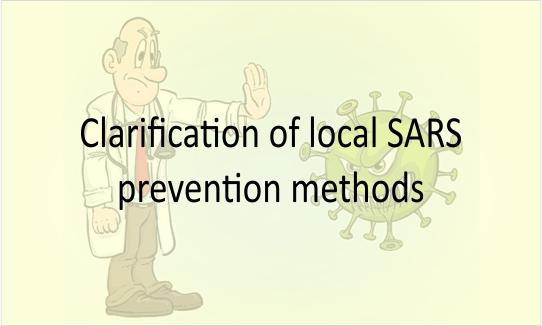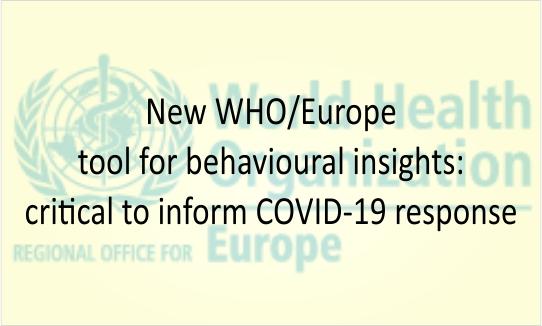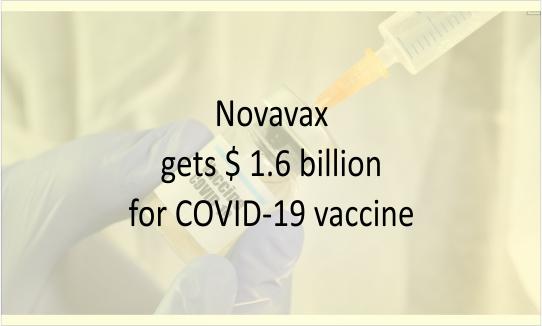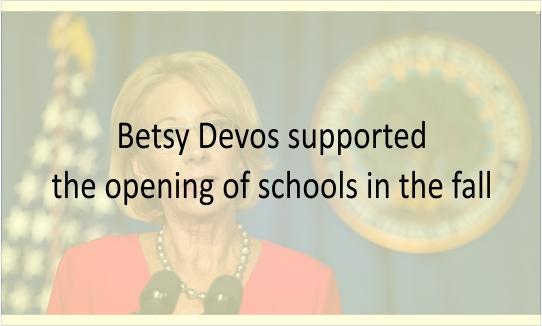Clarification of local SARS prevention methods

Temporary guidelines for the prevention, diagnosis and treatment of new coronavirus infection (COVID-19), published by the Ministry of Health of Russia, contain information on the possibility of using an isotonic solution of sodium chloride as a method for preventing infection with coronavirus infection. In connection with the appeals of the media, the Ministry of Health of Russia clarifies.
When acute respiratory viral infections (ARVI) occur, as a rule, the mucous membrane of the nose and throat is affected. This is manifested in the form of nasal congestion, perturbation and sore throat and is called rhinitis and pharyngitis, respectively. Coronavirus infection refers to ARVI, so approaches to prevention and symptomatic treatment are similar. A standard approach to the prevention and local treatment of rhinitis and pharyngitis is the use of an isotonic solution of sodium chloride (sometimes called "saline," often it is made on the basis of sea salt). Isotonic sodium chloride solution refers to drugs that moisturize the nasal mucosa, facilitate nasal respiration, promote the removal of both viral and bacterial infections, and is recommended for symptomatic treatment of SARS. The drug can be an effective means of preventing infection if it is used along with hygiene measures - thorough hand washing, the use of skin antiseptics and protective masks. At the same time, the probability of disease is guaranteed to decrease only if the regime of self-isolation and minimization of social contacts is observed.

Separately, we note that the treatment of diseases caused by coronavirus infection can be prescribed exclusively by a doctor. The choice and combination of drugs depends on the severity of the disease. Treatment is carried out under medical supervision.
By Ministries of Health of the Russian Federation.
Read more
New tool for behavioural insights: critical to inform COVID response
New WHO/Europe tool for behavioural insights: critical to inform COVID-19 response WHO/Europe has released a new behavioural insights tool for national and local authorities developing and coordinating interventions, policies and messages for the COVID-19 response. Understanding public levels of trust, people’s perceptions of risk, and the barriers they may face in following recommended actions is critical to the effectiveness and success of pandemic response measures. Such insights into public behaviour form the basis of effective communication and can identify issues related to stigma or conspiracy myths, for example, as they emerge, thus ensuring that they are addressed quickly and effectively.“Rapid, simple and flexible to use, this behavioural insights tool offers countries invaluable information to support and guide their COVID-19 response activities. Our success in tackling the new coronavirus depends on people being informed, willing and enabled to take the right public health…
Novavax received funds from the US government for a vaccine against COVID-19
Novavax gets $ 1.6 billion for COVID-19 vaccine Vaccine production may begin at the end of 2020. Novavax has received $1.6 billion from the U.S. government to conduct trials and produce a potential vaccine for the disease-causing coronavirus COVID-19. It is planned that by January next year, Novavax will be able to produce and deliver 100 million doses of the new vaccine to consumers.Novavax received the largest cash grant from America's Department of Health and Human Services as part of the U.S. government's Operation Super Light Speed initiative, which aims to develop vaccines and therapies to combat COVID-19. As Stanley Erk, Novavax CEO, told Reuters - the US Department of Health has funded the production of 100 million doses of the vaccine, which is…
Betsy Devos advocated opening schools in the fall
Betsy Devos supported the opening of schools in the fall She also said that school districts and states would have to develop their own plans for opening schools taking into account the local situation. The US Secretary of Education expressed support for the presidential administration's desire to open schools by autumn."We know that children become infected with the virus much less often than any other part of the population. Nothing in the available data shows that returning children to school is dangerous for them, "said Betsy Devos…


